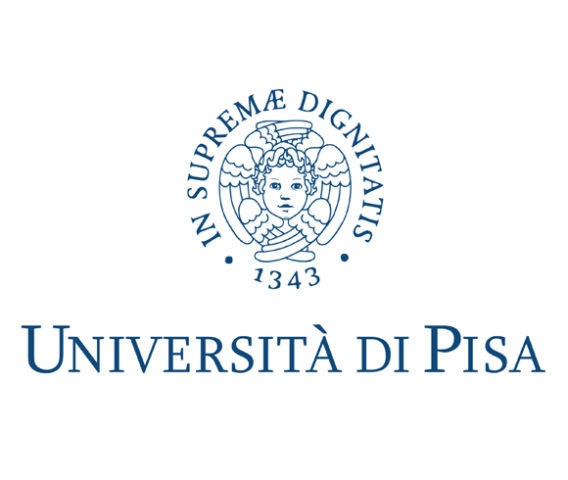Future spatial development will be significantly influenced by rapidly advancing societal digitization. The continuous growth of data and digital capacity for its handling is quickly permeating all spheres of life. This encompasses a vast range of digital applications that inform human action, involving eg analysis and artificial intelligence, assessment and deliberation, or visualization and communication. Such applications are fundamentally changing the public opinion-making and political decision-making bases and processes of individuals, communities, institutions and organizations, transforming habits, markets and policies as well as the patterns and dynamics of land use and settlement. In order to enable a sustainable transformation of neighbourhoods, cities and regions it is therefore crucial to explore and inform emerging interactions between spatial developments and digitally enhanced spatial awareness, perceptions, understandings and decision making processes.
Against this backdrop, the Dresden Leibniz Graduate School (DLGS) is looking for creative research proposals that engage with novel forms of spatial intelligence and their implications for sustainability transformations. This concerns the development, adoption and/or diffusion of digital applications that substantially alter spatially-relevant human behaviour, action and decision making. Pertinent research questions can be raised from any discipline (social and environmental sciences, engineering and humanities). However, all proposals must focus on transformative changes in one (or several) of the following aspects:
- Governance and planning: spatial intelligence transforming processes of collective decision making and problem-solving (regarding e.g. participation, empowerment, co-production, experimentation, co-evaluation, policy implementation etc.)
- Location and mobility: spatial intelligence transforming how actors decide about their locations and/or mobility (regarding e.g. location footprints, mobility as a service, new business and logistics models, etc.)
- Sustainability assessment: spatial intelligence transforming the visibility, measurability and comparability of key sustainability indicators, including their trade-offs and synergies (regarding e.g. the role and relevance of landscapes, ecosystems and biodiversity, complex systems analyses and foresight, etc.)
The announcement is aimed at excellent graduates with a Master’s degree in any field of pertinence for studying spatial sustainability transformations, such as geography, urban and regional planning, urban studies, environmental sciences, science and technology studies, transition studies, geoinformatics, civil engineering, architecture, economics, sociology, political science, or anthropology, among others.
We invite innovative applications from excellent candidates, originating from any country, meeting admission requirements at the TU Dresden. Proposals must address the call topic of “spatial intelligence” in at least one of the above aspects and fulfil the selection criteria. Otherwise applicants are free to design the research proposal according to their particular competencies, experiences and interests.
If selected, the candidates will be offered a full time scholarship for a duration of 3 years with the possibility for extension. The DLGS scholarship amounts to 1465 €/month (in addition to travel and research activity expenses) and is on par with DFG-German Research Foundation’s fellowship allowance for PhD candidates in Germany.
Interdisciplinary 1 and transdisciplinary 2 approaches are strongly encouraged. In order to ensure feasibility, proposals for transdisciplinary research must be linked to ongoing IOER projects in the Dresden/Saxony region (see https://www.ioer.de/en/research ), and applicants must demonstrate German language proficiency (C1 level ) for working with various local stakeholders.
Application
The application process this year is two steps: First, a short application (online form), where the applicant must provide their basic details and a short proposal as an expression of interest. The application must address the above call text. If selected, the applicants will be invited to send in a detailed research proposal at a later stage, and further invited for an interview.
First step: Expression of interest
If you have a rough idea of how your research idea can fit and match the current call topic, then send us your expression of interest using the online form, with other background information.
Please read Guide for applicants carefully before submitting your application. All applications that fulfill the eligibility criteria are assessed against the evaluation criteria.
Deadline: August 10th, 2023
Apply for expression of interest (Online form)
Second step: Detailed research proposal
If your idea is assessed to be innovative and fitting to the DLGS topic, you will then be invited to send in a detailed research proposal along with other relevant information. The applicants will receive information on how to proceed with this step via email.
1 Combining and integrating different disciplinary theories, concepts and/or methods.
2 Involving non-scientific actors in the entire research process.
